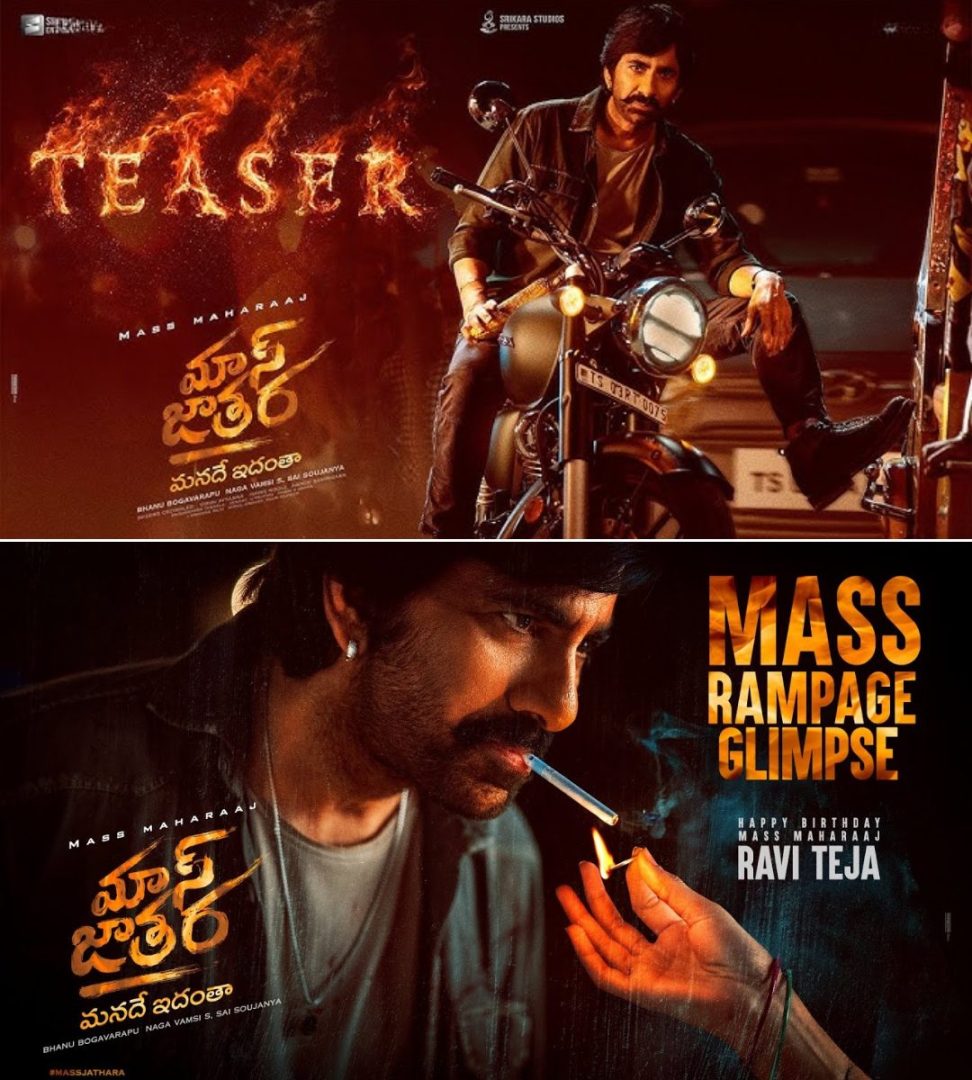“Ajmal Kasab” pulls audiences back into one of the bloodiest and most shocking chapters in India’s history — the 26/11 Mumbai terrorist attacks. From the opening scenes, the trailer grips you with an atmosphere of pure chaos: wailing sirens, relentless gunfire, and desperate cries for help. Everything is portrayed with raw, unflinching realism, making viewers feel as if they are standing in the very heart of the tragedy.
Nawazuddin Siddiqui delivers a chilling transformation into Ajmal Kasab — cold, detached eyes, every slow movement hinting at an unfathomable brutality. But this isn’t merely a retelling of violence; the film appears to dig deep into the psychology, radical beliefs, and the chain of circumstances that led a man down the path of terror and destruction.
Under the director’s tight grip, every frame in the trailer is stretched to the breaking point, balancing explosive action with the weight of emotional tension. The dark, pulsating score heightens the intensity, amplifying the unease that hangs over every scene. This is more than just a film — it is a haunting reminder of wounds that never truly heal, and the enduring power of historical memory.





